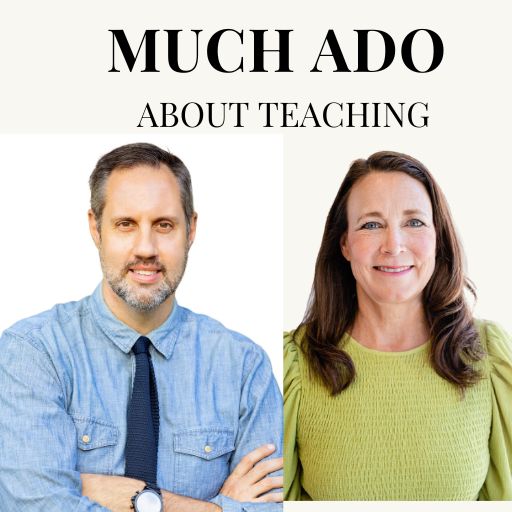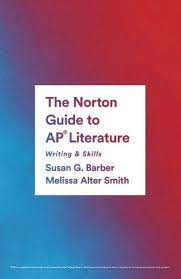Every now and then we all need a refresher. All of us. We need to step out away from the speed at which life whizzes past and avoid the monotony of death-by-checklist. We need to escape the din and discordance of bells dictating our lives, emails, GroupMes, Facebook boards, and Instagram reels by grounding ourselves … Continue Reading
When I read “The Art of Reading Less” by Brian Sztabnik last week, my reading soul resonated with so much of what he wrote – the pressure to set reading goals and track books, the desire to want to read more, and the ability to have a meaningful experience with a book. Like Brian, I … Continue Reading
One of the secrets to acquire knowledge is to read a lot. And so I try. But whenever we get close to a New Year, the Influencers that inspire me on YouTube and Instagram are cashing in on my inadequacies. They are gloating about how they read over 100 books this year + you can … Continue Reading
How do you get students to identify and write lines of reasoning? — Kendra M. Susan: I am often my own worst enemy in teaching line or reasoning because I tend to overcomplicate the concept; line of reasoning is simply an order to an argument. I love the analogy David Miller uses to explain a … Continue Reading
Chalk it up to too much pressure. It’s the weight of the world. There is all this anxiety about taking the first step. The old Head & Shoulders advertising slogan lingers in the back of my mind — you never get a second chance to make a first impression. This is what I feel every … Continue Reading
Greetings from the Columbus airport where I’m awaiting my flight home from NCTE. By the time this is sent out, Thanksgiving plates will be cleared, the Iron Bowl will be decided (Roll Tide), and our thoughts will be turning to Monday morning. Before time gets away, I wanted to leave a few observations from this … Continue Reading
This post is written and shared by my friend Cindy Dixon who could not stop raving about how amazing her class discussions are. I begged her to share with me – with us – her method and she generously agreed. Thanks, Cindy! – SB I’ve always had big hopes for my students to discuss texts … Continue Reading
A recent study revealed that only 12% of teachers are “very satisfied” with their jobs. That number has dropped 27 points in the past decade. It is staggering to think that 88% of teachers are not “very satisfied.” The symptoms of this discontent are pervasive, but the root causes go beyond the typical explanations such … Continue Reading
I’ve finally brought back to life one of the most popular posts on APLitHelp with updates of how the unit has grown since its conception (see what I did here). I’ll first share an introductory activity that Melissa Smith created that was included in the original post then jump into my activities and resources. Using … Continue Reading
If you head to Merriam Webster you will find that an essay is: an analytic or interpretative literary composition usually dealing with its subject from a limited or personal point of view. This definition is somewhat near sighted. I stopped at the first one. If you dig a little deeper, though, you will see that … Continue Reading



























